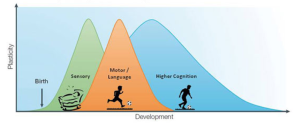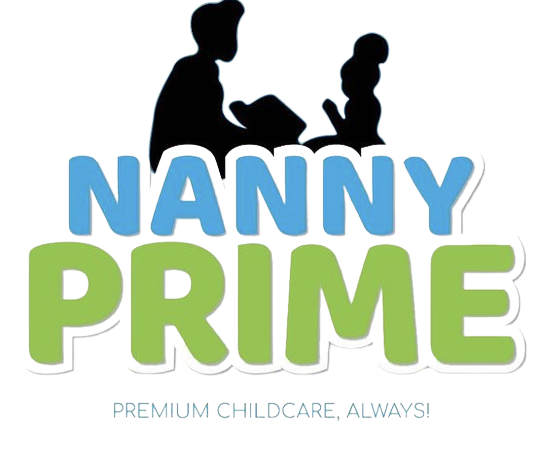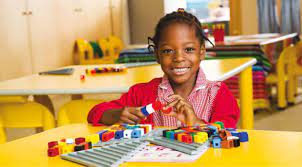What should I expect from my infant?
From the time our children are born until they reach adulthood, their lives are distinguished by several milestones. The diagram above depicts the stages of a child’s growth. As parents, we are always concerned that our children are meeting their developmental milestones.

WHAT ARE MILESTONES?
Developmental milestones are a set of goals or markers that a child is expected to achieve during maturation. They are categorized into 5 domains: gross motor, fine motor, language, cognitive, social-emotional, and behavioral.
- Gross motor skills: using large groups of muscles to sit, stand, walk, run, etc., keeping balance, and changing positions.
- Fine motor skills: using hands to be able to eat, draw, dress, play, write, and do many other things.
- Language skills: speaking, using body language and gestures, communicating, and understanding what others say.
- Cognitive skills: thinking skills including learning, understanding, problem-solving, reasoning, and remembering.
- Social skills: interacting with others, having relationships with family, friends, and teachers, cooperating and responding to the feelings of others
DEVELOPMENTAL MILESTONES
When we evaluate a child’s development, we frequently focus solely on motor and verbal milestones: at what age does he stand, walk, talk, use the potty, or ride a bike?
These accomplishments are only visible behavioral representations of what is going on within a child’s mind and body. To truly comprehend a child’s behavior, we must also understand what inspires him to try new physical actions, how he feels about himself and the environment when he succeeds, and how he thinks about and processes the new information provided to him by those accomplishments. A human kid is a highly complicated entity attempting to do several tasks at once. His capacity interacts with, influences, and is dependent on his psychological, social, and cognitive growth.

BIRTH TO ONE AND A HALF YEARS (INFANTS)
This period is truly about what we’re calling “the synchrony” between a newborn and his primary caregiver.
Does a baby’s mother or father respond fast and appropriately when he or she cries?
Is that parent aware of what he is sobbing over and attending to his needs? (For example, if they change his diaper while he’s really hungry, they may not be interpreting his cues correctly, or he may not be providing them well.)
If his parents provide his needs in a reasonable, timely, and accurate manner, a baby develops trust in them and his surroundings; he perceives it to be a predictable, rewarding place. From his point of view, he is satisfying his needs, therefore he begins to believe that he can positively influence others.
If his needs are not met, or if he cries for lengthy periods of time without being acknowledged or soothed, the infant may learn to believe that he is a helpless victim in a dangerous environment. He begins to doubt the reality around him.
If an infant does not learn to trust, he will be uneasy, timid, reluctant to play or learn, and maybe despondent.
This chain of occurrences generates a set of expectations for him regarding movement and relationships, how objects fit together, and how his body must feel in order to perform specific physical activities. He repeats activities to absorb their significance in what Piaget called “circular reactions.”
For example, a newborn finds that her hand can shake a rattle, which causes the rattle to produce a noise. By putting the rattle in a bowl or stacking blocks, she learns about size, textures, and spatial relationships. By playing games like peekaboo, she gradually learns that things exist outside of her immediate eyesight (that they have “object permanence”).
To encourage learning during this period, parents must offer a stimulating environment for their children, including plenty of brightly colored, movable items, space for unrestricted exploration, and, most importantly, plenty of interaction with them.
TO BE CTD…
Written by Edward

